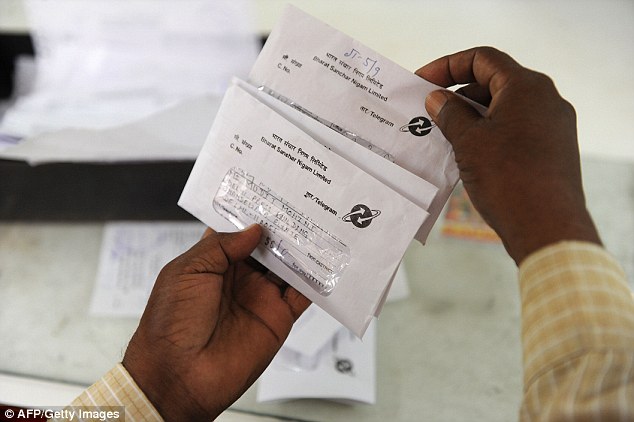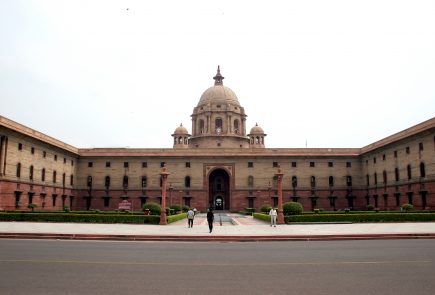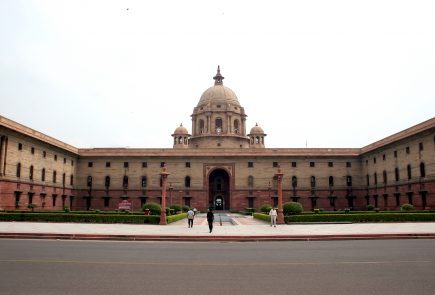Govt. of India will Shut Down Telegram Service on July 15th thanks to the Digital Age

The telegram has been the most efficient way of communication for our country’s snail mail service. Sort of an instant messaging service in the pre mobile era, the Telegram or the Telegraph was intended to help the modern Indian communicate with the rural Indian, and apart from that communicate in general cross the nations boundaries and international quarters.
While the term Telegram may refer to a method of encoding a message that is known to both the sender and receiver, in which case it could be any form of coded communication like smoke signals, hand signs, beacons and even morse code.
The Telegram in India has been based on an electrical signal which was adopted after the basic courier service was replaced by electric telegraph or telex machines in the early 1900s. The message is captured at the sender’s post office and transmitted to the receiving post office where it is printed and sent out for delivery. After 162 years of connecting people via this old-school yet loved service, India is now set to disband the world’s last major telegram service and its legions of cycle-borne delivery workers. The service is being halted and the final message will be sent next Monday, July 15.
India’s first telegraph lines were laid by British rulers in 1851 in the colonial capital of Kolkata, stretching about 25 miles (40 kilometres) down the Hoogly River to a key harbour on the Bay of Bengal. This was primarily used by the east India Company to maintain political control and communication. At its peak 125,000 miles of wire had been unrolled and the service was used for much more than trade and commerce and employed thousands of educated Indians. Presently only 75 telegraph offices remain nation-wide, employing less than 1,000 telegraph operators. In 2012 a mere 40,000 messages were sent using the Telegram service also known as the “Taar” in local slang. The Central Telegram Office in Delhi transfers a mere 10 messages a day at present, with even the remotest areas now connected via email.
RIP The Telegram
[via]
























